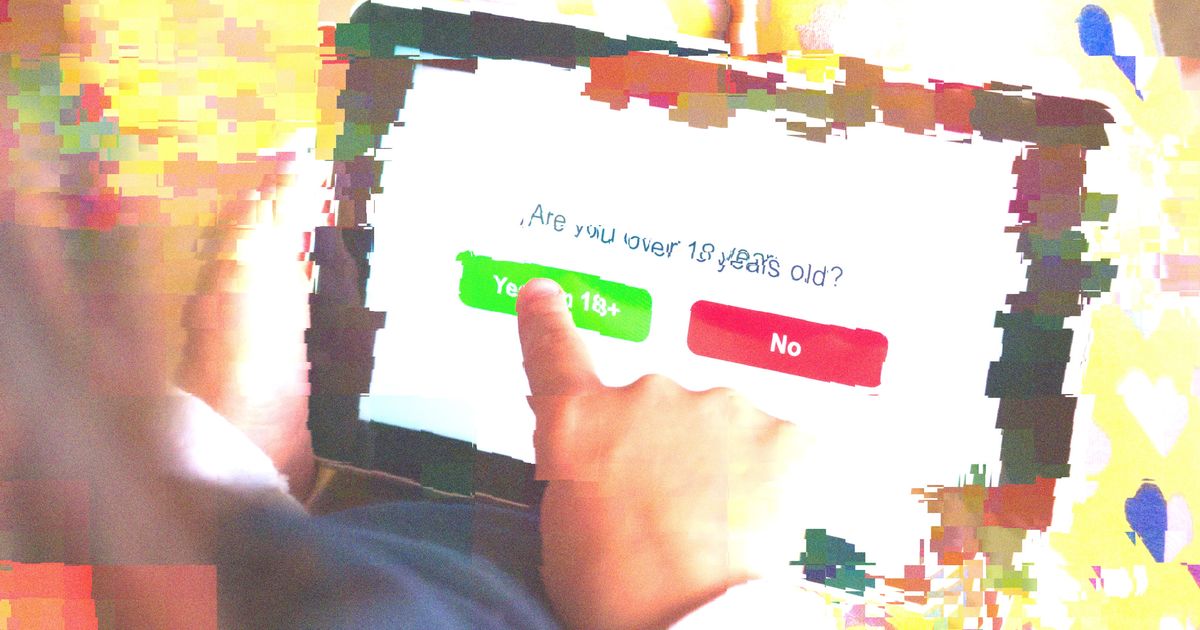Get the latest tech news
The internet wants to check your ID
New safety rules require users to verify their identities before gaining access to sites. This spells the end of the relative anonymity that we’ve come to expect online.
Yet the tethering of identity to digital access is precisely what is prescribed by a new wave of laws going into effect around the world and in bills under consideration in the U.S. On the same day that the Tea leak was discovered, the Online Safety Act ( OSA) rolled out in the United Kingdom. Shoshana Weissmann, the director of digital media at the R Street Institute, a libertarian-leaning think tank, told me that these regulations might superficially seem similar to a liquor store or a night club requiring patrons to show I.D.—just another minor annoyance that we accept as routine. May has noticed that younger members of her Discord seem particularly worried that they won’t be able to access digital spaces as safely as they did before: “The prospect of them losing their online communities—for a lot of these young people, that’s all they have.” Then again, those of us who are most reliant on the internet have tended to undervalue our anonymity, giving it up easily to the likes of Google and Meta in exchange for smoothly customized communication.
Or read this on Hacker News

